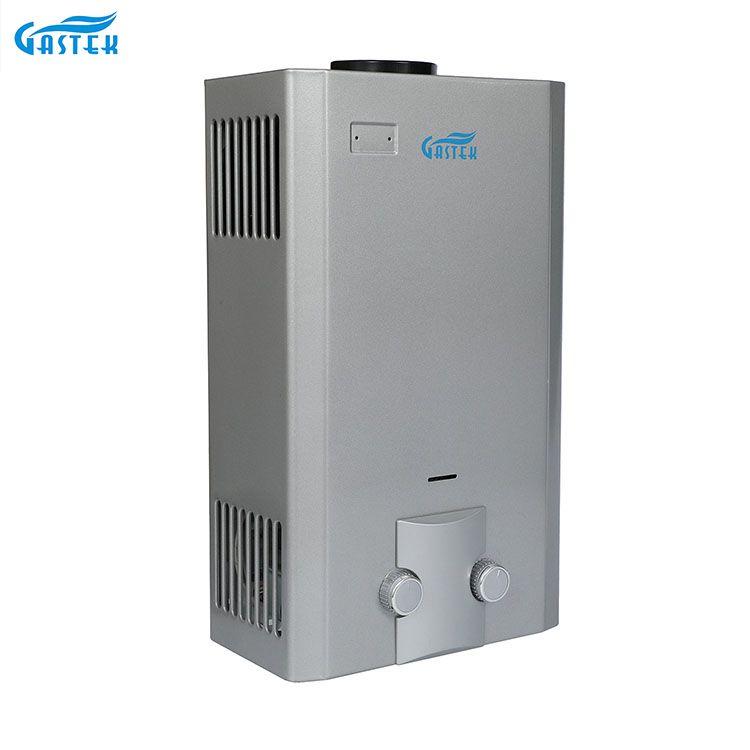Features and aspects of tankless gas water heaters
2023-11-30
A tankless gas water heater, also known as an on-demand or instantaneous water heater, is a type of water heating system that heats water only when it is needed, as opposed to storing hot water in a tank. This type of water heater is powered by natural gas or propane and has gained popularity for its energy efficiency, space-saving design, and continuous hot water supply. Here are some key features and aspects of tankless gas water heaters:
1. On-Demand Heating:
- Unlike traditional tank-type water heaters that store and heat a specific volume of water continuously, tankless gas water heaters heat water on demand. When a hot water tap is turned on, cold water flows through the unit and is rapidly heated by a gas burner.
2. Space-Saving Design:
- Tankless water heaters are typically more compact than tank-type models, and some can be wall-mounted. This space-saving design is advantageous for homes or spaces with limited room for a traditional water heater tank.
3. Energy Efficiency:
- Tankless gas water heaters are known for their energy efficiency because they only heat water when needed. This eliminates standby heat loss associated with maintaining a reservoir of hot water, which is common in tank-type heaters.
4. Continuous Hot Water Supply:
- Tankless models provide a continuous supply of hot water as long as there is a demand. This makes them suitable for households with varying hot water needs and eliminates the risk of running out of hot water during extended use.
5. Flow Rate and Capacity:
- The flow rate is a crucial factor in tankless water heaters. It represents the volume of water the unit can heat per minute. Different models have varying flow rates, so it's essential to choose one that can meet the simultaneous hot water demands of your household.
6. Installation Location:
- Tankless gas water heaters are often installed near the point of use to minimize the time it takes for hot water to reach faucets and fixtures. However, whole-house units can be installed centrally if they have a sufficient flow rate to meet the demands of multiple outlets.
7. Longevity and Low Maintenance:
- Tankless models generally have a longer lifespan compared to tank-type water heaters. They may also require less maintenance, but periodic flushing and descaling are recommended to maintain efficiency.
8. Venting Requirements:
- Proper venting is essential for the safe operation of gas-powered tankless water heaters. Venting can be direct vent (vented to the outside) or powered exhaust.
It's important to note that the upfront cost of tankless gas water heaters can be higher than traditional tank-type heaters. However, the potential energy savings over time and the continuous hot water supply can make them a cost-effective and efficient choice for many households. Professional installation is recommended for these units.



